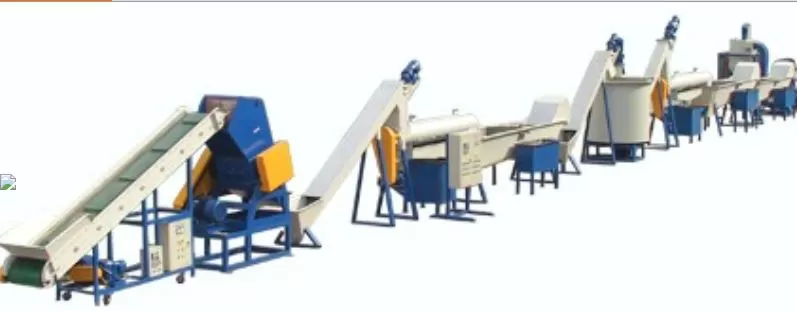Plastic waste is piling up, and it’s choking our environment. From the depths of the oceans to our bustling cities, plastic pollution is everywhere. So, how are we tackling this menace? Through groundbreaking advancements in plastic recycling technology. But what are these latest developments?

The latest advances in plastic recycling technology are revolutionizing how we manage plastic waste. From chemical recycling to advanced sorting techniques, these innovations are making it easier and more efficient to recycle plastics and reduce environmental impact.
What is Chemical Recycling?
Chemical recycling is a game-changer in the world of plastic recycling. Unlike traditional mechanical recycling, which involves melting down plastics and remolding them, chemical recycling breaks down plastics at the molecular level. This process converts plastic waste into raw materials that can be used to produce new plastics of the same quality as virgin plastics. According to Recycling Today, chemical recycling can handle a wider variety of plastics and reduce contamination issues.
How Does Advanced Sorting Technology Work?
Sorting plastic waste accurately is crucial for efficient recycling. Advanced sorting technologies use AI and machine learning to identify and separate different types of plastics automatically. These systems can distinguish between various polymers, colors, and even detect contaminants. By improving the accuracy of sorting, we can increase the quality and quantity of recycled plastics. The Institute of Recycling Technology highlights that these technologies significantly reduce labor costs and error rates.
What is Pyrolysis and How Does It Help?
Pyrolysis is another innovative method making waves in plastic recycling. This process involves heating plastic waste in the absence of oxygen to break it down into oil, gas, and char. The oil produced can be refined into diesel or other fuels, providing an alternative energy source. Pyrolysis is particularly effective for recycling mixed or contaminated plastics that are challenging to process using traditional methods. According to Green Energy Solutions, pyrolysis can convert up to 75% of plastic waste into usable fuel.
Can Enzyme-Based Recycling Be the Future?
Imagine using nature’s own tools to tackle plastic waste. Enzyme-based recycling uses specially engineered enzymes to break down plastics into their basic building blocks. This method is highly efficient and can operate under mild conditions, reducing energy consumption. Researchers at the BioRecycling Institute have developed enzymes that can decompose PET plastics in just a few hours, turning them into raw materials for new products.
What Role Do Biodegradable Plastics Play?
While not a recycling technology per se, biodegradable plastics are an important development in the fight against plastic pollution. These plastics are designed to break down naturally in the environment, reducing the accumulation of plastic waste. Advances in this field are producing biodegradable plastics with properties similar to conventional plastics, making them suitable for a wider range of applications. According to the Environmental Polymer Group, widespread use of biodegradable plastics could significantly reduce the burden on recycling systems.
How is Blockchain Technology Improving Recycling Processes?
Blockchain technology, known for its use in cryptocurrencies, is now being applied to improve recycling processes. By creating transparent and tamper-proof records of plastic production, usage, and recycling, blockchain can ensure accountability and traceability in the recycling chain. This technology helps in verifying the authenticity of recycled materials and prevents fraud. The Blockchain Recycling Network reports that implementing blockchain can increase trust and efficiency in the recycling industry.
How Do Government Policies Influence Recycling Technology?
Government policies play a crucial role in driving advancements in recycling technology. Regulations mandating recycling targets, banning single-use plastics, and providing incentives for recycling initiatives encourage innovation and investment in recycling technologies. Countries with stringent recycling policies often lead in the development and adoption of new technologies. According to the Global Recycling Policy Institute, supportive government policies are essential for scaling up and mainstreaming advanced recycling technologies.
Conclusion
The latest advances in plastic recycling technology are opening up new possibilities for managing plastic waste. From chemical recycling and advanced sorting techniques to pyrolysis and enzyme-based methods, these innovations are making recycling more efficient and effective. Coupled with the development of biodegradable plastics and the application of blockchain technology, the future of plastic recycling looks promising. Let’s embrace these technologies and work towards a cleaner, more sustainable world.
That’s it. Let’s move towards a greener future together!
